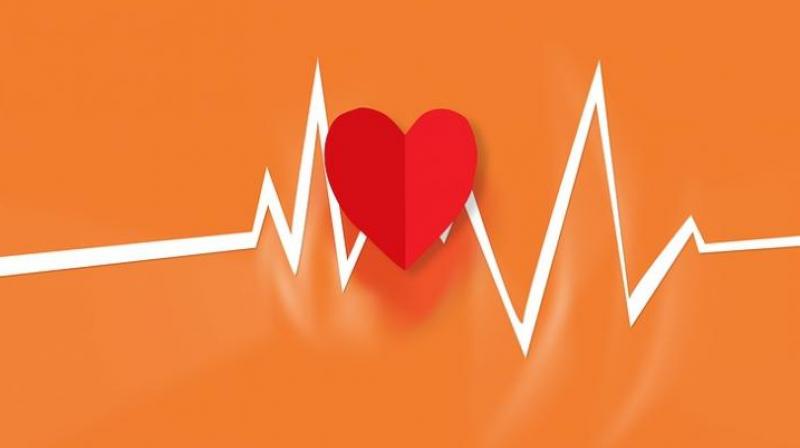CPR survival rates lower than most people think, says study
Researchers feel overly optimistic view, which may partly stem from seeing happy outcomes in television medical dramas.

The majority of people believe cardiopulmonary resuscitation (CPR) is successful more often than it tends to be in reality, according to a small U.S. study.
This overly optimistic view, which may partly stem from seeing happy outcomes in television medical dramas, can get in the way of decision-making and frank conversations about end of life care with doctors, the research team writes in American Journal of Emergency Medicine.
CPR is intended to restart a heart that has stopped beating, known as cardiac arrest, which is typically caused by an electrical disturbance in the heart muscle. Although a heart attack is not the same thing – it occurs when blood flow to the heart is partly or completely blocked, often by a clot – a heart attack can also cause the heart to stop beating.
Whatever the cause of cardiac arrest, restarting the heart as quickly as possible to get blood flowing to the brain is essential to preventing permanent brain damage. More often than not, cardiac arrest ends in death or severe neurological impairment.
The overall rate of survival that leads to hospital discharge for someone who experiences cardiac arrest is about 10.6 per cent, the study authors note. But most participants in the study estimated it at more than 75 per cent.
“The majority of patients and non-medical personnel have very unrealistic expectations about the success of CPR as well as the quality of life after patients are revived,” said lead author Lindsey Ouellette, a research assistant at Michigan State University’s College of Human Medicine in Grand Rapids.
Patients and family members should know about the realistic success rate and survival numbers when planning a living will and considering a “Do Not Resuscitate” order, Ouellette said.
“We think it is best to have the latest and most accurate information when dealing with this life-impacting decision, whether or not to undertake or continue CPR,” she told Reuters Health in an email.
To gauge perceptions of CPR, the researchers surveyed 1,000 adults at four academic medical centers in Michigan, Illinois and California. Participants included non-critically ill patients and families of patients, who were interviewed during random hospital shifts.
In addition to asking about general knowledge of CPR and personal experiences with CPR, the researchers presented participants with several scenarios and asked them to estimate the likelihood of CPR success and patient survival in each case.
One scenario involved a 54-year-old who suffered a heart attack at home and required CPR by paramedics. About 72 per cent of the survey participants predicted survival and 65 per cent predicted a complete neurological recovery.
In a scenario describing a trauma-related cardiac arrest in an 8-year-old, 71 per cent predicted CPR success and 64 per cent predicted long-term survival of the child.
“Many people felt if a person was successfully revived, they would return to ‘normal’ rather than possibly needing lifelong care,” Ouellette said.
At the same time, more than 70 per cent of respondents said they watched TV medical dramas regularly, and 12 per cent said these shows were a reliable source of health information.
“Tempering unrealistic expectations may not make for ‘good TV,’ but perhaps we can get a better idea of just how these dramas may impact the views people hold about CPR and other aspects of medicine,” she said.
“People think about CPR as a miracle, but it’s another medical act,” said Dr. Juan Ruiz-Garcia of Hospital Universitario de Torrejon in Madrid who wasn’t involved in the study. “I’m not really sure what people would choose if they knew the real prognosis of it,” he told Reuters Health by phone.
CPR should be part of the conversation about end-of-life care and advanced directives among families, said Carolyn Bradley of Yale-New Haven Hospital in Connecticut.
“When doing CPR at a hospital, we tend to move the family away, but we’ve created a situation where families may not be there for the final moments,” she said in a phone interview.
“Have a critical conversation with your health care provider and go with questions about what would happen during CPR,” she said. “What does it look like? What happens to my body? Who will be around? It could be the end-of-life. Statistically, it is.”

